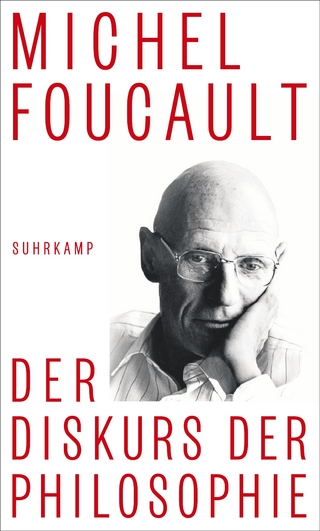What place is left for semantic notions? There are three main positions in response to that question: eliminativism, physicalism and semanticalism. This book argues in favour of a version of semanticalism. That version of semanticalism does not make semantic notions mysterious as if they are added from outside the realm of nature, as is the case with the Cartesian conception of mental properties. Semantic properties are treated as emergent properties reference to which serves to play a normative role in the account of the nature of linguistic expressions. The need for positing semantic properties stems from the fact that the best explanation of the nature of linguistic expressions as guides to reality, to inform and to learn about the states of the world, invokes semantic properties. It consists in endowing linguistic expressions with semantic properties that correlate them to things and states of the world. Semantics, then, should be kept distinct from the theory of meaning. We need the theory of meaning for giving an account of linguistic competence in order to explain speakers’ linguistic behaviour, but we need semantics in order to explain the nature of the objects produced by the behavioural output of linguistic competence. Consider a speaker who reads the sentence “it will be sunny and warm tomorrow” on the weather forecast page of the newspaper. We do not need to model his understanding as if he knew the semantic properties of the expressions occurring in that sentence. Rather, we need to invoke the semantic properties of that sentence, and of its constituents, in order to explain the social practice of uttering and writing it to inform people about weather conditions. This book argues that liberal naturalists are entitled to endorse the same attitude towards semantic properties as W.V.O. Quine’s towards mathematical entities. We ought to accept semantic properties since our best theory of the world makes reference to them. The metaphysical principle of the supervenience of semantic properties over naturalistic properties, though unexplained, is justified to the extent that it too belongs to our best overall theory of the world, which as a whole faces the tribunal of experience.
Massimiliano Vignolo has a postdoctoral fellowship at the University of Trento where works within the project OKKAM funded by the Seventh Framework Programme. He teaches Theory of Communication at the University of Genoa. After taking his Diplôme d'Études Supérieures at the University of Genève under the supervision of Prof. Kevin Mulligan, and his PhD at the University of Eastern Piedmont (at Vercelli) under the supervision of Prof. Diego Marconi, he studied under Prof. John Perry at the University of Stanford. He is the author of Afferrare Pensieri (2001) and the editor with M. Beaney and C. Penco of Explaining the Mental (2007). He is the author of several papers in philosophy of language, philosophy of mind and metaphysics published in international philosophical journals.



